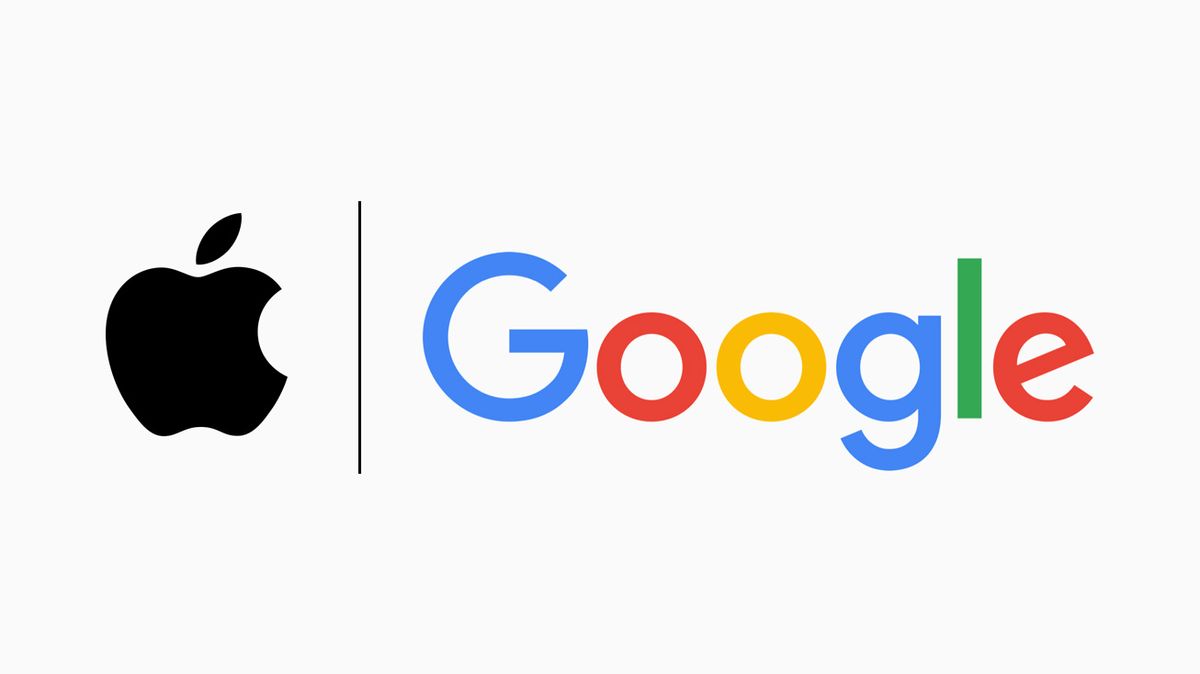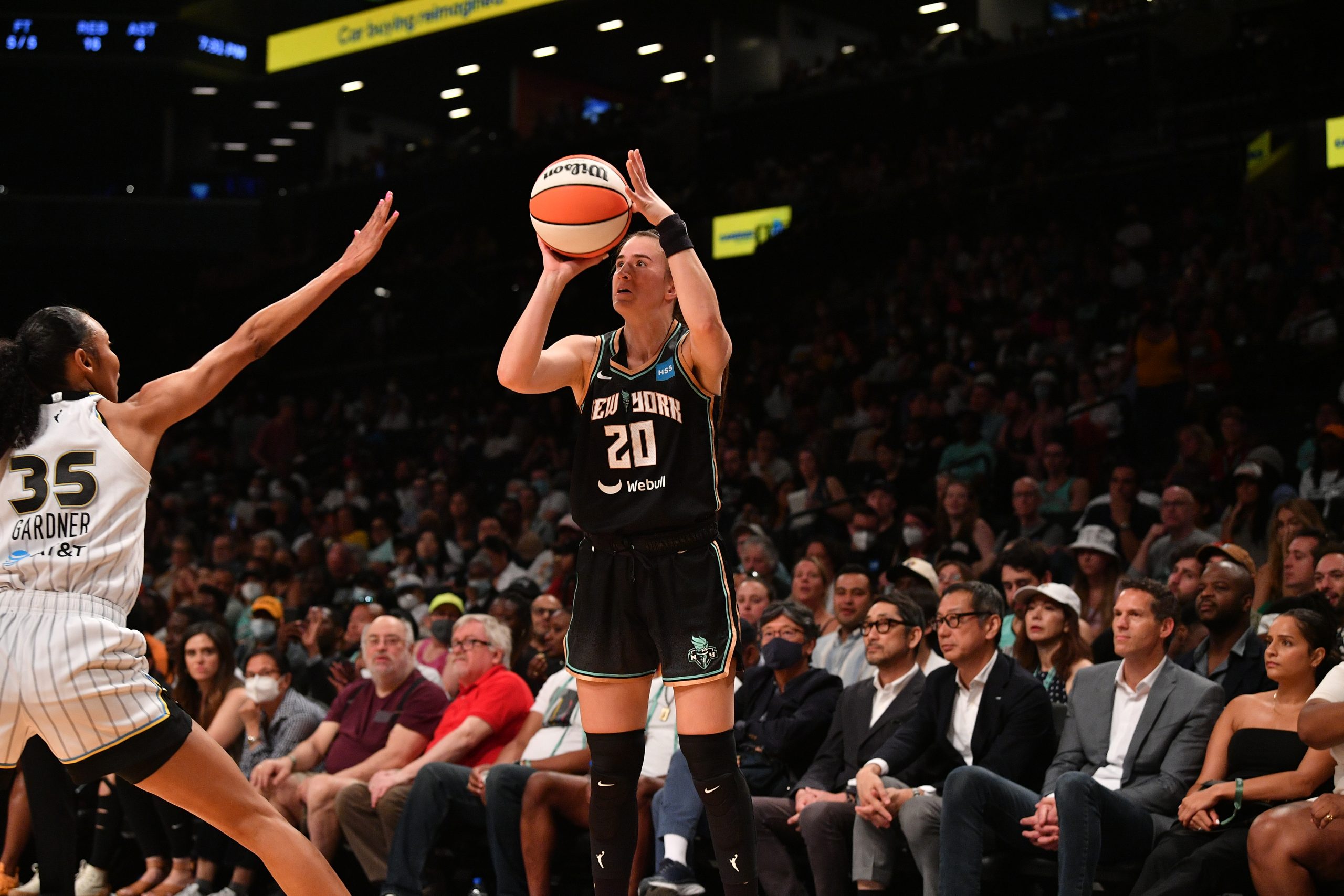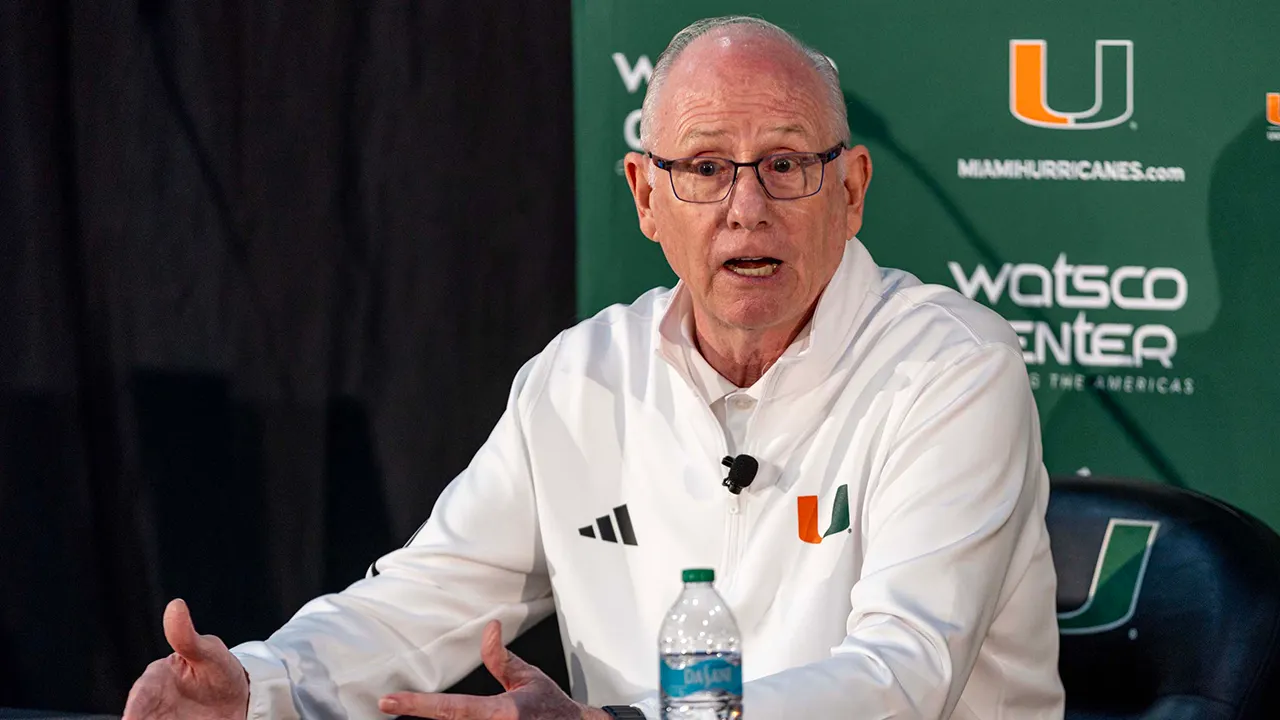Rishi Sunak pledged to call out “poor leadership” within the health service, as he outlined plans to cut waiting lists and defended tax increases he introduced while chancellor aimed at funding social care and reducing the NHS backlog.
The former chancellor, who in recent days has trailed behind foreign secretary Liz Truss in the polls, was challenged on Friday on how NHS waiting lists were rising despite the introduction of a manifesto-breaking national insurance hike intended to resolve the issue.
Speaking in an interview on Channel 4, Sunak argued that the Conservative party had in 2019 offered a range of manifesto promises on fiscal policy that had to be adapted in light of the Covid-19 pandemic. He stressed the importance of providing proper funding to the NHS while also reforming the service to ensure value for money.
As prime minister, he said he would aim to create more elective surgical hubs and more community diagnostic centres in order to tackle the patient backlog, adding, “we need to make sure we call out poor leadership in the NHS, because there are great examples of good leadership and they know how to do it and we should learn from them”.
Last autumn, Boris Johnson introduced a health and social care levy aimed at raising nearly £36bn over the course of three years to fund social care and reduce backlogs.
The number of people waiting for NHS hospital treatment in England stood at 6.6mn in May. Earlier this year, Sajid Javid, then health secretary, conceded that waiting lists would increase as the estimated 10mn people who had avoided visiting the NHS during the pandemic gradually came forward for treatment.
Sunak’s comments follow a tense week of televised debates and hustings, with both candidates repeatedly clashing over economic policy.
Speaking in Norfolk earlier on Friday, Truss defended her plans for tax cuts, arguing that “carrying on on the same economic path which is currently forecast to lead us to recession” would be “risky”.
“The tax cuts I’m proposing are all about increasing the supply in the economy. And we know that the inflation has resulted because of a shock to supply,” she said.
During his interview on The Andrew Neil Show, Sunak argued that the foreign secretary’s tax cuts would “put fuel on the fire” of inflation and pushed back on suggestions that his own policies would trigger a recession.
“If you look at what is happening all around the world, it is inflation that is slowing economies down,” he said. “What we should do is focus on long-term growth because that’s what we need. Sustainable growth, not a sugar-rush boom that will make us feel better for months.”
Sunak again rejected suggestions that his pledge to cut VAT on domestic energy after rejecting the policy as chancellor showed a of lack consistency. “I’ve always said from the beginning that as we knew more about what energy bills would actually be in the autumn that I will stand ready to do more,” he said.
During the interview, he was also challenged on revelations from earlier in the year that his wife Akshata Murty held “non-domiciled” status. “I’m the one running for office and not my wife,” he said. “Several months ago, we addressed this and she resolved the situation.”
Truss’s campaign received a boost on Friday when Tom Tugendhat, a former leadership candidate and chair of the foreign affairs select committee, gave her his endorsement in the race.
Both camps have ramped up their policy offerings in recent days. Sunak has pledged that his government would “safeguard our shared cultural, historical and philosophical heritage” with reviews of equality legislation and through toughened guidance on sex and relationship education in schools.
Meanwhile, Truss pledged to “unlock the opportunity of home ownership for millions of hard-working renters” across the UK by allowing rent payments to be used as part of any assessment on a homebuyer’s ability to afford mortgages.





















Discussion about this post